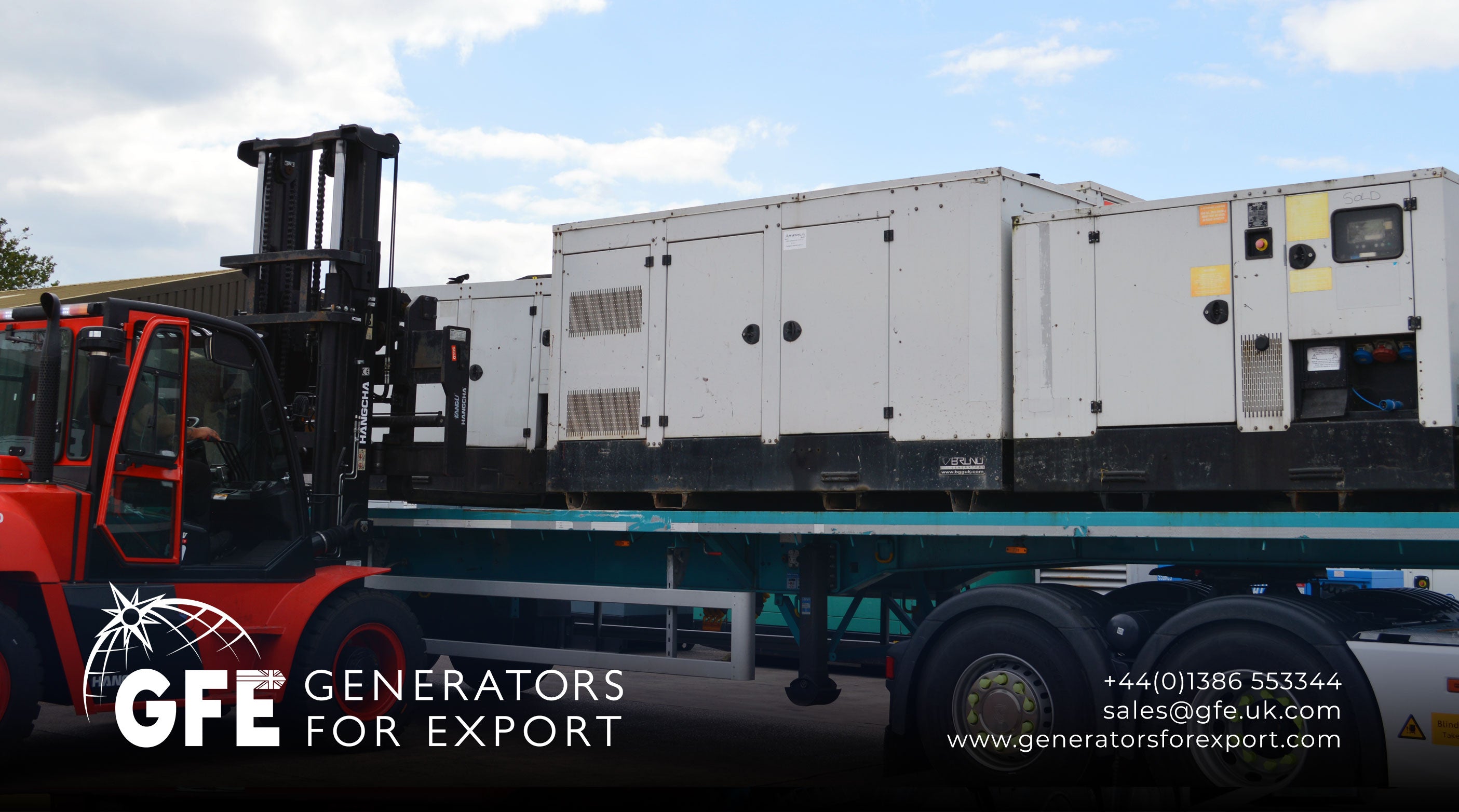Exploring the Types and Uses of Industrial Diesel Engines
Industrial diesel engines are at the heart of numerous industries, powering essential equipment and systems across the globe. Their reliability, efficiency, and adaptability make them indispensable for diverse applications. Let’s delve into their types, functionalities, and applications to understand their significance in industrial operations.
What Are Industrial Diesel Engines?
Industrial diesel engines are robust, internal combustion engines that operate using diesel fuel. Their design emphasises durability and efficiency, making them suitable for heavy-duty applications in challenging environments.
Types of Industrial Diesel Engines
-
Two-Stroke Diesel Engines
Known for simplicity and high power-to-weight ratios, these engines are commonly used in marine vessels and large-scale power generation. -
Four-Stroke Diesel Engines
Offering efficiency and lower emissions, these engines are prevalent in construction machinery, trucks, and stationary generators. -
Turbocharged Diesel Engines
Enhanced with turbochargers, these engines deliver greater power and fuel efficiency, often found in mining equipment and agricultural machinery. -
Stationary Diesel Engines
These engines provide reliable power for generators, irrigation systems, and industrial facilities.
Applications of Industrial Diesel Engines
Industrial diesel engines are critical in sectors requiring dependable and robust power sources:
- Construction: Powering excavators, cranes, and bulldozers.
- Agriculture: Driving irrigation pumps, tractors, and harvesters.
- Energy: Serving as primary or backup generators in remote locations or during outages.
- Transportation: Propelling trucks, buses, and marine vessels.
Key Advantages of Industrial Diesel Engines
- Efficiency: Superior fuel economy compared to gasoline engines.
- Durability: Engineered to withstand harsh conditions and extended use.
- Adaptability: Versatile designs accommodate various industrial needs.
- Cost-Effectiveness: Reduced operational costs due to lower fuel consumption and maintenance requirements.
Selecting the Right Diesel Engine
Choosing the ideal diesel engine depends on factors such as power requirements, operating environment, and intended application. Partnering with a trusted supplier ensures access to expert guidance and high-quality products.
At Generators For Export, we specialise in industrial diesel engines and generators tailored to meet diverse needs. Explore our extensive range of diesel generators, from compact models for small-scale operations to large-capacity units for industrial use.
For more insights and solutions, explore our used diesel generators or contact us.

